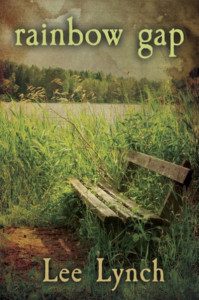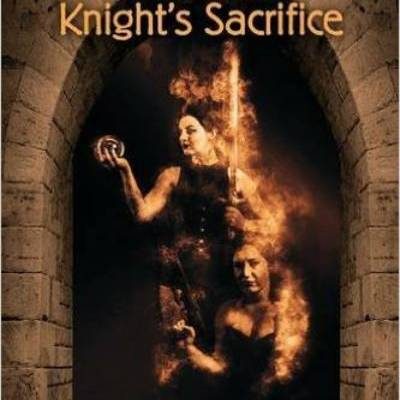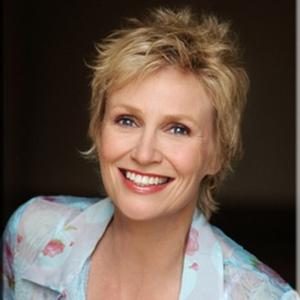 Lee Lynch has constructed a story that creates a movie style landscape in your mind.
Lee Lynch has constructed a story that creates a movie style landscape in your mind.
Sometimes it is hard to write a review because you can’t find the words, in this case it’s hard to find words big enough to describe such an epic tale. Set in Florida in the ’50s and ’60s Lee Lynch has constructed a story that creates a movie style landscape in your mind.
It opens with the portrayal of two young school friends, one the circus freak with too much testosterone, the other the pretty girl who chooses her friend above popularity. The plot is 15 years of simple day-to-day living, with their small personal dramas, but set in the midst of complex times that frequently touch their lives. A brother away in Vietnam, the first battles of women’s lib, the early stirrings of gay rights, the communist threat, and the on-going social segregation all form a backdrop to the changing world around them.
Jaudon and Berry form an instant bond that in small town America in the 1950’s literally had no name. They forge a life together based on nothing more than their absolute belief that they belong. With no role models, no community and very little support they just ‘are’. Each step, from the first tentative kiss to finding their own place in the world, individually and as a couple, is an exploration of how to be.
The Florida swamp plays a powerful role in the novel, from how the girls grow up in the most basic of shacks to the ever-present voice of frogs and the bite of mosquitos. More than just setting the scene the landscape is a living being with a character and a sub-plot of its own, almost a will of its own taking action in the lives of the families who carve out a life in the encroaching greenery and the overwhelming heat.
We meet a broad range of characters from the distant overachieving mother to the warm and loving gran, the gay boys who struggle to be themselves and a bunch of recognizable 1960’s feminists beginning to fight for women’s rights. For anyone old enough to have lived through those heady days of the women’s groups and early gay community it rings so many bells. The strident activists, the surreptitious gatherings, the support and the angst of women learning the hard way how to fight for change.
This is both a coming out and growing up story, but also a timeless work of literary fiction, with classic writing that draws you into it’s world. The plot may be simple but the characters, interactions and subplots are the history of lives lived at a time when literally everything they did was unknowingly revolutionary.
Rainbow Gap will win awards across the board, and deservedly so. It is simple in plot, but complex in emotion. It is a genuine classic telling of nothing more or less than real life.More than anything it’s a story of the birth of our community and the fight to be openly who we are.


